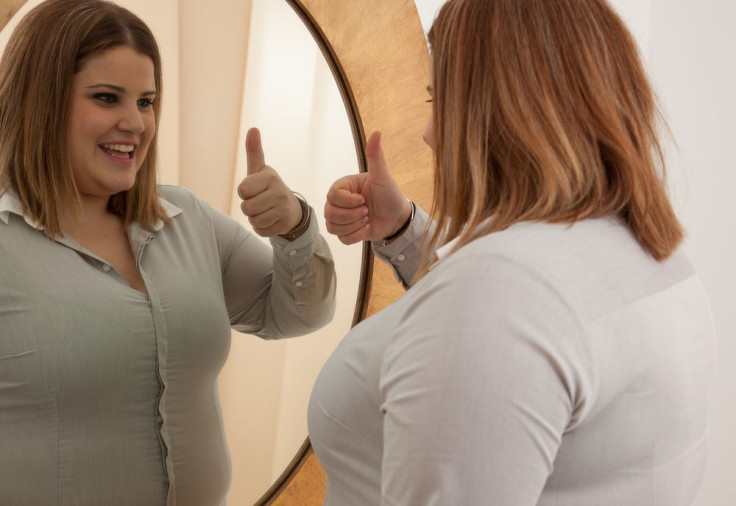MDMA, Combined With Psychotherapy, Increases Self-Compassion And Cuts Criticism

Prior to 1985, psychiatrists in the United States and elsewhere legally used MDMA as a prescription drug to intensify the effectiveness of psychotherapy. A new study may help MDMA, now an illicit club drug referred to as ecstasy or molly, reclaim its former good reputation. MDMA, the researchers believe, may help reduce self-criticism and increase self-compassion when combined with other forms of therapy.
"Much like marijuana, the therapeutic benefits of MDMA have long been known," Betty Aldworth, the executive director of Students for Sensible Drug Policy, told Medical Daily in an email. She further explained that, despite objections from medical professionals, MDMA was classified as a schedule 1 substance and this prohibition has stymied much-needed research. However, the growing support for legal medical marijuana bodes well for MDMA. "It's our hope that support for therapeutic use of MDMA will similarly grow," Aldworth said, "particularly as the promise of MDMA-assisted therapy becomes more clear for conditions like PTSD and anxiety."
Indeed, research of MDMA is moving forward though slowly. The Drug Enforcement Administration approved the first clinical trial using MDMA along with psychotherapy to treat anxiety among people with life-threatening illnesses, Al Jazeera reported on Tuesday. Earlier this month, the Journal of Psychopharmacology published an analysis of data provided by 135,000 random participants — including 19,000 who reported using LSD, psilocybin, and mescaline — and found the use of psychedelics does not increase the risk of developing mental health problems. Other recent studies found MDMA-assisted psychotherapy would not cause harm to post-traumatic stress disorder patients and might even be useful for those who get no help from other treatments.
It appears more than a few researchers are revisiting the therapeutic use of psychedelic drugs. One such researcher, Dr. Sunjeev K. Kamboj, a senior lecturer in psychology at University College London, wondered about the similarities between ecstasy and Eastern meditation practices. Specifically, both contribute to a compassionate mindset, leading Kamboj to theorize that MDMA-assisted psychotherapy might increase pro-social attitudes toward the self.
While the MDMA used in most studies is pure and not the same as the substance sold on the street, for his small-scale preliminary study, Kamboj enlisted the help of 20 recreational ecstasy users (not so hard to find, suggests this report). After a psychological assessment, each participants took part in two psychotherapy sessions — one while tripping on ecstasy, the other while not. During these sessions, participants listened to recordings of guided exercises designed to direct compassionate feelings toward the self. Following these exercises, the researchers assessed the participants once again.
On average, the researchers said, self-criticism scores dropped by 10 points after the sessions in which the participants had not used ecstasy. By comparison, when using, the participants’ self-criticism scores plummeted by 21 points.
“Controlled studies with pharmaceutically pure MDMA are still needed to test these effects rigorously,” noted Kamboj and his colleagues in their conclusion.
Interestingly, ecstasy had the greatest positive impact on the participants who scored highest on measures of attachment avoidance, including those who do not feel comfortable getting close to others and emotionally withdraw to avoid disappointment.
Source: Kamboj SK, Kilford EJ, Minchin S, et al. Recreational 3,4-methylenedioxy-N-methylamphetamine (MDMA) or ‘ecstasy’ and self-focused compassion: Preliminary steps in the development of a therapeutic psychopharmacology of contemplative practices. Journal of Psychopharmacology. 2015.
Note: Aldworth's comments were added into this story shortly after the original publication.
Published by Medicaldaily.com



























